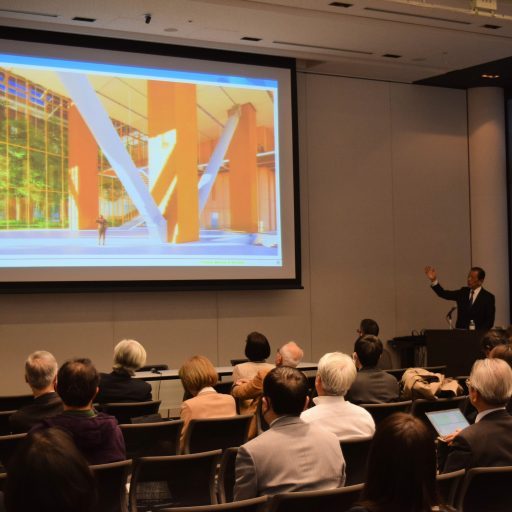Project Assistant Professor, GSID, Nagoya University
Alla OLIFIRENKO
“…water will one day be employed as fuel, that hydrogen and oxygen which constitute it, used singly or together, will furnish an inexhaustible source of heat and light, of an intensity of which coal is not capable. Someday the coal-rooms of steamers and the tenders of locomotives will, instead of coal, be stored with these two condensed gases, which will burn in the furnaces with enormous calorific power”
Jules Verne, 1874
(as cited by Prof. Rajesh Sharma at the symposium)
On March 15, 2024, Nagoya University’s Institute of Innovation for Future Society and the H2Governance project’s team hosted the international symposium “On the Road to Net Zero: Technical and Social Issues of Clean Hydrogen”. This conference brought together international experts from various fields to discuss the challenges and potential solutions for the adoption of clean hydrogen.
The symposium took place at the Noyori Conference Hall at Nagoya University in a hybrid format.
The symposium opened with remarks from Professor Kiichi Fujiwara, Emeritus Professor at the University of Tokyo, followed by a welcome speech from Wakako Ito, Director and Senior Researcher at the Japan Forum on International Relations.
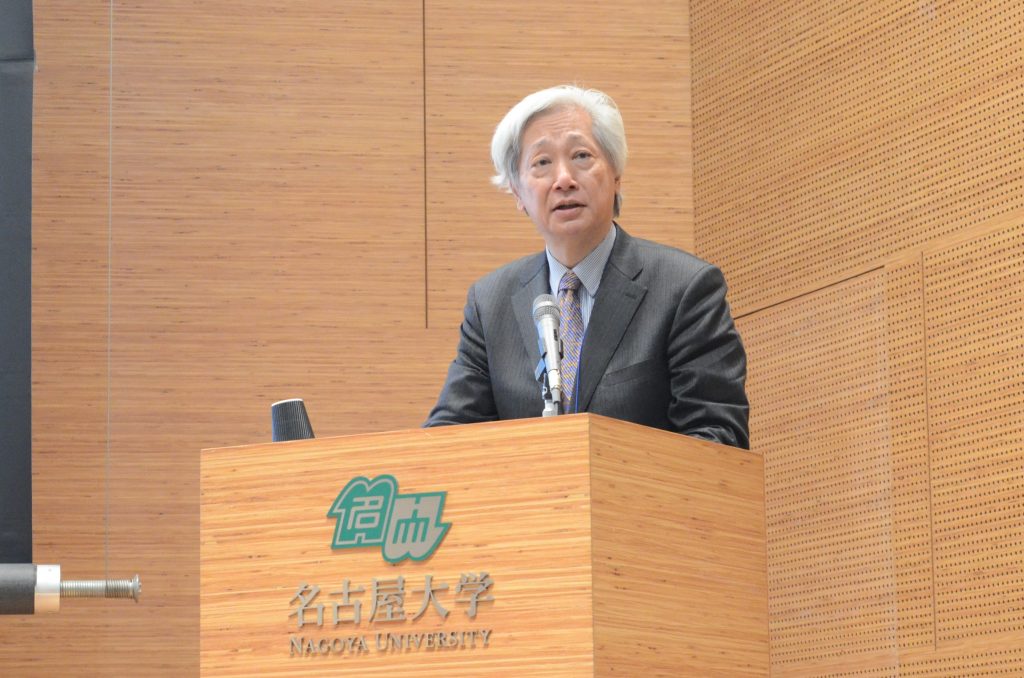
The keynote speech titled "Water-Energy Nexus in Clean Energy Transition" by Dr Patricia Luis, Professor at Université catholique de Louvain, highlighted the critical interdependence between water and energy. She emphasized that while some low-carbon technologies require minimal water, others like biofuels, concentrating solar power (CSP), and green hydrogen production can be water-intensive – hence the need for careful management of water resources in achieving sustainable energy transitions and vice versa.
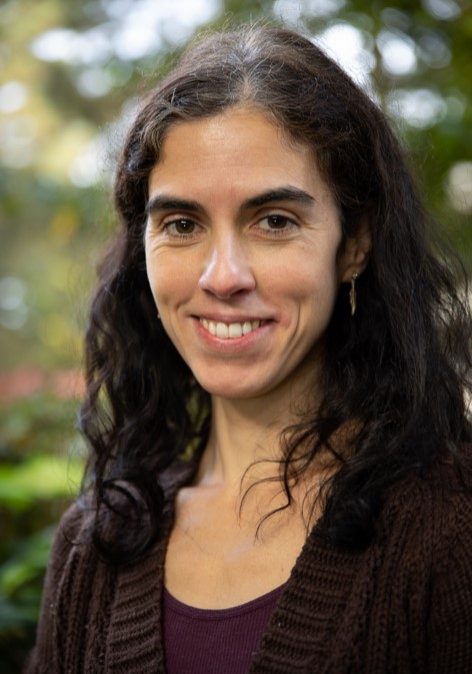
The keynote speech was followed by two panel discussions, focused, respectively, on technical and social sciences.
In Panel 1, “Recent Developments in Japan Regarding the Introduction of Clean Hydrogen” (Moderator: Prof. Koyo Norinaga, Nagoya University):
– Hiroshi Machida, Associate Professor at Nagoya University, discussed the technical challenges associated with hydrogen and carbon capture and storage (CCS) throughout hydrogen’s life cycle;
– Motohiro Kondoh, Professor at Aichi Institute of Technology, introduced Japan's hydrogen and CCS policies, as well as the “Green Transformation (GX)” initiative;
– Masahisa Koizumi, Toho Gas Co., Ltd., introduced how Toho Gas is using e-methane synthesized from hydrogen and CO2, which, as they expect, will allow them to decarbonise the whole city gas supply chain.
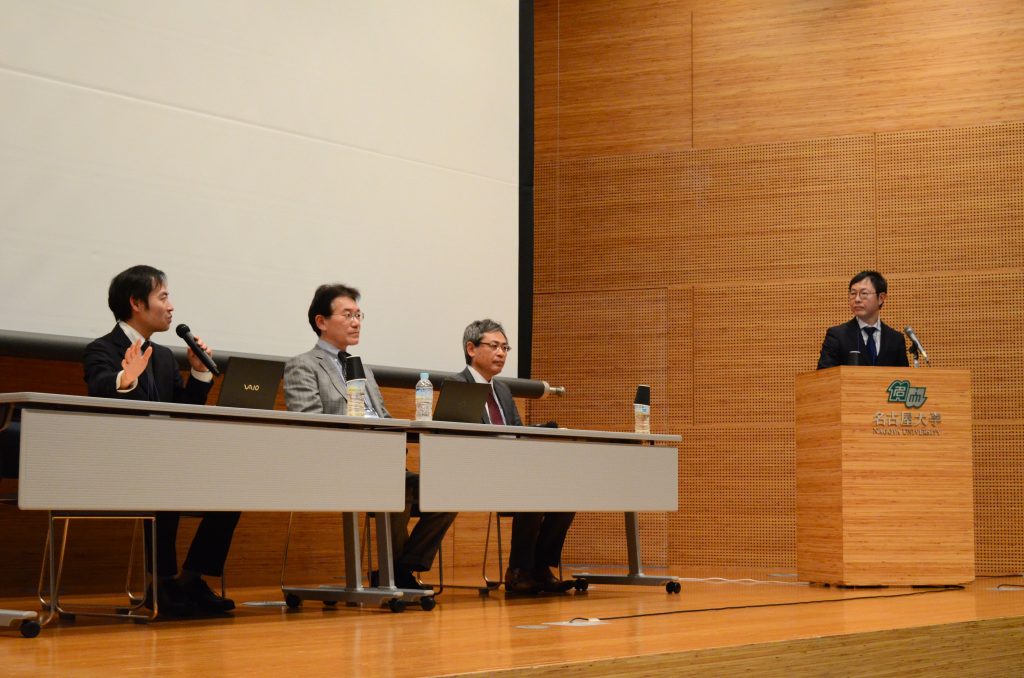
In Panel 2, “Public and Private Sector Challenges for Realizing a Hydrogen Society” (Moderator: Prof. Tomoko Ishikawa, Nagoya University, Discussant: Prof. Keisaku Higashida, Kwansei Gakuin University):
– Kentaro Tamura, Programme Director at the Institute for Global Environmental Strategies, discussed worldwide hydrogen policies in relation to various national interests, and identified regulatory challenges for Japan;
– Keiko Zaima, Professor at Kyoto Sangyo University, held an extremely informative presentation about the challenges of hydrogen supply chain commercialization, focused on Japanese case studies;
– Rajesh Sharma, Associate Professor at RMIT University, presented international legal issues surrounding hydrogen trade in an exceptionally inspiring way.
The symposium concluded with remarks from Akihiro Sasoh, Director of the Institute of Innovation for Future Society, who reiterated the importance of continued collaboration in shaping the future of clean hydrogen.
The conference touched upon many topical issues of clean hydrogen: its traditional and newest production methods, types, efficiency, safety, transportation and storage, technological and social challenges in adopting it as an energy source, major countries' strategies, and relevant legislation. The discussions underscored the complexity of the transition but also highlighted the incredible potential of clean hydrogen in aiding decarbonisation.
The full program of the symposium can be assessed through the link.
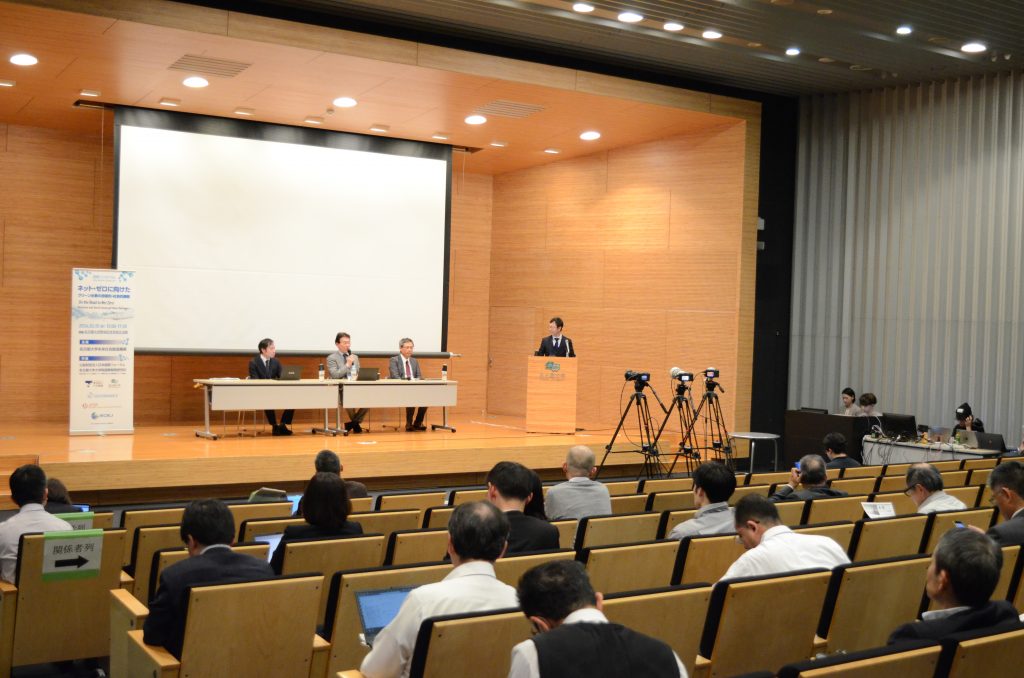
Now, I would like to share my personal insight from the event as an audience member.
First and foremost, it was eye-opening for me to hear from Dr Patricia Luis’s presentation that low-carbon energy doesn't automatically mean a net positive for the environment. Green hydrogen technologies as they exist now may use large amounts of water; moreover, in some cases, hydrogen production can even produce more CO2 emissions than is saved by using hydrogen as an energy source! This means that, if we want to pursue Sustainable Development Goals by pushing for decarbonisation policies, we must always keep in mind that there might be other not-so-obvious technological factors turning the best efforts into indirect harm. That was quite humbling for me, as someone who does not have a technical background.
On the other hand, delay tackling climate change for too long – and the Earth may experience not only more extreme weather events but greater social risks and even ethnic conflicts. Hydrogen is considered one of the most promising means for clean energy transition – not to mention its importance for other public and private interests such as ensuring energy security and industrial development. It seems that Japanese companies are already paving the way in using new hydrogen technologies, such as the e-methane used by Toho Gas. The hydrogen train has already started moving and is not going to stop. So, what policies will governments adopt? The need for accounting for countless unknown variables may seem intimidating, but it only emphasizes the importance of interdisciplinarity in tackling decarbonisation issues: only this way they can develop good policies in time.
The good news is that the sphere unites countless brilliant researchers in many disciplines, who are happy to share their knowledge with the world. It was inspiring to witness the convergence of diverse minds united by a common goal: to pave the way towards a sustainable, hydrogen-powered future. I am looking forward to witnessing more events of this kind.



